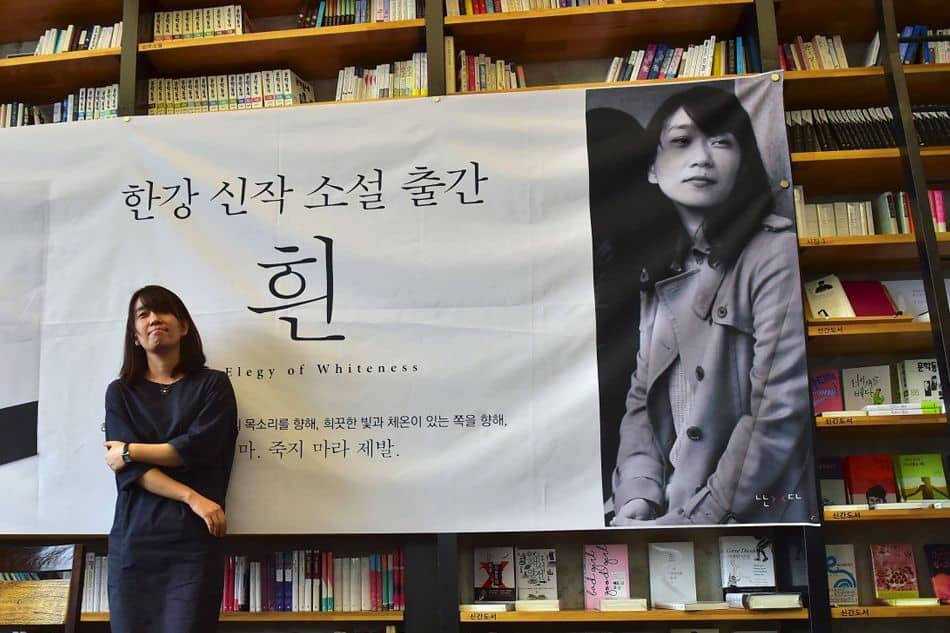Han Kang, a renowned South Korean author, has made history by winning the Nobel Prize in Literature. Born on November 27, 1970, she is celebrated for her profound and poetic storytelling, captivating readers worldwide with themes of trauma, identity, and life’s fragility. She becomes the 18th woman to win the Nobel Prize in Literature. The Nobel Prize in Literature has historically been male-dominated, with only 17 women among its laureates. Annie Ernaux of France was the last woman to win, in 2022.
Han Kang – Early Life and Literary Beginnings
Han was born in Gwangju, South Korea, and moved to Seoul at age 10. She studied Korean literature at Yonsei University. Her literary debut came in 1993 with poems published in “Literature and Society”. The following year, she won the Seoul Shinmun spring literary contest with “Red Anchor”.
International Acclaim
Han’s breakthrough novel, “The Vegetarian”, translated into English in 2015, won the International Booker Prize in 2016. This success introduced her to a global audience. Her novel “Human Acts” delves into the emotional aftermath of the Gwangju Uprising, further showcasing her ability to confront historical traumas.

Nobel Prize in Literature
On October 10, 2024, Han Kang won the Nobel Prize in Literature. The Swedish Academy honoured her for her “intense poetic prose” that tackles historical traumas and human fragility. Han’s work is noted for its empathetic portrayal of vulnerable lives, particularly women, and its innovative blend of body and soul, life and death.
Notable Works and Style
Han’s novels, essays, and short stories explore patriarchy, violence, grief, and humanity. “The Vegetarian” remains her most famous work, while “The White Book” and “Greek Lessons” also resonate with readers for their haunting beauty and deep human exploration.
Continued Influence
Han’s upcoming novel, “We Do Not Part”, set for English release in 2025, promises to continue her tradition of poignant and poetic storytelling. Han Kang’s unique literary voice and emotional depth cement her status as a key figure in contemporary literature.
The prize includes a cash award of 11 million Swedish kronor ($1 million), thanks to a bequest from Swedish inventor Alfred Nobel. Along with the cash prize, winners will be presented with a medal on December 10.
